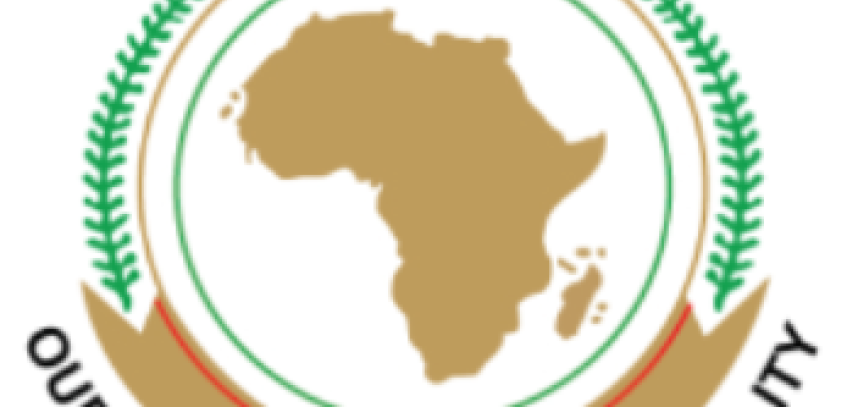On this day, September 28, the global day of action for access to safe and legal abortion, and in line with our continental Campaign for the Decriminalization of Abortion in Africa, the African Commission on Human and People’s Rights through the Special Rapporteur on the Rights of Women in Africa, Justice Lucy Asuagbor calls for States to honor their commitments under the African Charter on Human and People’s Rights and the Protocol to the African Charter on Human and People’s Rights on the Rights of Women in Africa; the Maputo Plan of Action; and the Campaign for the Accelerated Reduction of Maternal Mortality in Africa by decriminalizing abortion in their respective countries.
According to the World Health Organization (WHO), unsafe abortion continues to be a public health crisis and one of the largest contributors of maternal mortality and morbidity in Africa, accounting for up to 30% of maternal deaths in many sub-Saharan countries. The WHO estimates that over 6 million unsafe abortions occur in Africa, resulting in 29,000 deaths and countless serious injuries and disabilities every year for African women and girls under the age 25.
We agree with the WHO that making abortion illegal does not reduce abortion rates and neither does it deter women from having abortions. Instead, more women are pushed to the backstreet where they access unsafe abortions. It is time to bring a stop to these deaths.
Criminal laws on abortion are discriminatorily enforced and disproportionately impact the most vulnerable women and girls. Those who are poor, rural and lack education are at the highest risk of police investigations, arrest, prosecution, and imprisonment for unsafe abortions. Furthermore, women who fear prosecution for unsafe abortions often delay or fail to seek treatment at public hospitals or clinics, with adverse effects to their health and lives.
Criminalizing abortion violates many basic human rights, including the right to: life, liberty, security, health, and freedom from torture. Criminal abortion laws discriminate on the basis of sex—they penalize a health service only women need.
It is for these reasons that we join the global movement for a world where all women and girls can be empowered to make their own choices about their reproductive health and lives.
?








